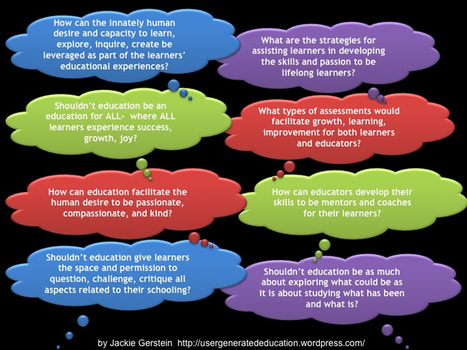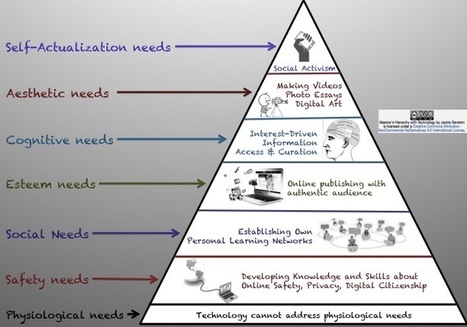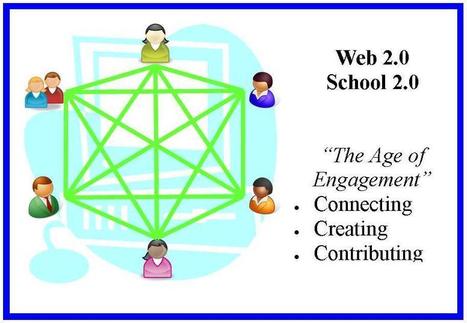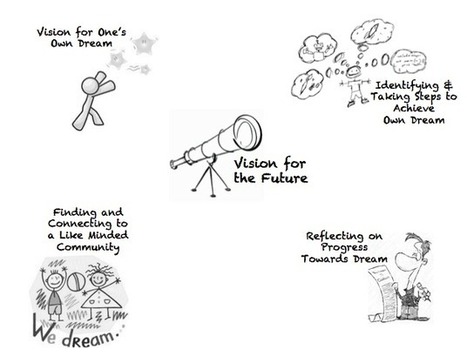"Schooling and institutionalized education have become removed from true, instinctual, and human/humane learning. Humans have been learning since the beginning of time with major discoveries and innovations historically and currently emerging in spite of school. This is the biggest problem I have with schools – most are contrived and coercive and do not honor the innate human need and desire to learn, discover, and evolve."
Via Beth Dichter, Miloš Bajčetić



 Your new post is loading...
Your new post is loading...



















Interesting post which discusses how to pull schools out of the 20th century.
Interesting post which discusses how to pull schools out of the 20th century.
student at the heart of learning. problem based and context based learning key for this. students will often ask " why are we doing this?" if they can apply the lesson to their life it then becomes obvious why they are learning